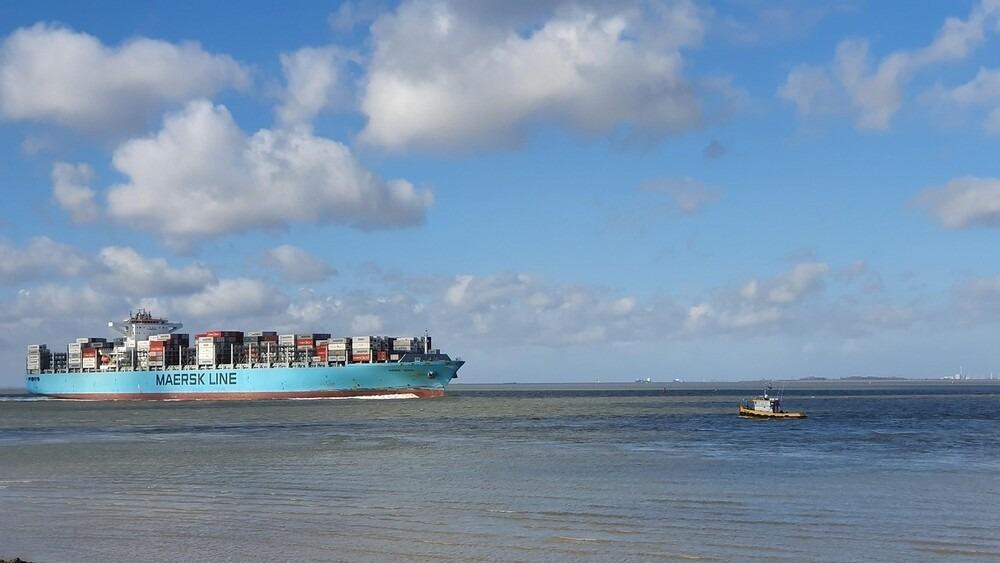
On a Bill of Lading, the term "shipper" refers to the party responsible for initiating the shipment of goods. This is typically the owner or seller of the goods being transported. The shipper's role encompasses preparing the goods for transport, ensuring proper documentation, and coordinating with carriers for the shipment process.
In shipping transactions, the shipper is a key figure, often being the sender or the legal representative of the goods. Their responsibilities are extensive, ranging from the preparation of necessary documentation, such as the Bill of Lading, to the packaging and organization of the goods for safe and compliant transportation. The shipper's role is crucial in establishing contracts with carriers, setting shipping rates, creating schedules, and ensuring the quality and quantity of goods before dispatch. This comprehensive involvement makes the shipper an essential component in the smooth execution of shipping transactions.
Decoding the Definition of a Bill of Lading
A Bill of Lading is a legally binding document that plays a crucial role in the entire shipping and trade industry. It is provided by the shipper to the carrier, containing details such as the type, quantity, and destination of the goods. It functions as a receipt for the carriage of goods and serves to confirm that the carrier has received the goods from the shipper in good order.

Further, this document operates as evidence of the contract between the shipper and the carrier for the shipment. It typically highlights the path of the voyage, terms of the shipment, and the delivery details at the pre-decided destination. Crucially, a Bill of Lading also serves as a transferable document of title to the goods transported, thus facilitating the trading of goods in transit.
The Key Players in a Bill of Lading
The shipping industry involves various stakeholders, each playing unique and indispensable roles. A Bill of Lading, being an essential document, involves three main key players: the shipper, the carrier, and the consignee. Each of these parties fulfills distinctive duties and responsibilities that ensure the smooth flow of the transaction.
First, the shipper, who is the originator of the goods, prepares and ensures the goods are ready for transport. In addition to providing crucial information for the Bill of Lading, the shipper has the responsibility of preparing other necessary shipping documents. Next, the carrier is the party responsible for the physical transportation of the goods. The carrier’s duties include loading, stowing, and safely delivering the cargo to the consignee. Finally, the consignee is the recipient of the goods, who confirms the receipt upon delivery. Thus, understanding their roles can lead to better shipping process management.
Responsibilities of a Shipper in a Bill of Lading
A shipper's accountability begins with the careful preparation and meticulous documentation of a Bill of Lading. This includes documenting the nature, quantity, condition, and destination of the goods to be shipped. It is essential to specify the terms of carriage, whether it is CIF (Cost, Insurance, and Freight), FOB (Free on Board), or any other shipping term agreed between the consignee and consignor. The Bill of Lading must be accurate because it not only provides instructions for the carrier concerning the handling and destination of the goods but also serves as a receipt of shipment and a document of title.
Next, the shipper must correctly pack the goods to withstand the shipping journey. Proper packaging protects the goods from damage and increases the likelihood of them reaching their destination in pristine condition. In addition, the shipper must properly label and mark the packages for identification purposes. Finally, the shipper is responsible for arranging and facilitating the physical handing over of the goods to the carrier. The shipper needs to ensure that goods are ready for collection at the agreed time and place, thereby facilitating a smooth transition and maintaining the shipping schedule.

Frequently Asked Questions
The shipper plays a crucial role in the shipping transactions as they are responsible for packing the goods, labeling, documentation, and coordinating with the carrier for the pickup and shipment of the goods. They are a key link between the carrier and the receiver.
A bill of lading is a legal document issued by a carrier to a shipper that details the type, quantity, and destination of the goods being carried. It serves as a shipment receipt when the carrier delivers the goods at a predetermined destination.
The key players in a bill of lading include the shipper, the carrier, and the consignee. The shipper is the sender of the goods, the carrier is the transport service provider, and the consignee is the receiver of the goods.
The shipper's responsibilities in a bill of lading include ensuring the goods are properly packed, labeled, and ready for shipment; preparing the necessary documentation, including the bill of lading; coordinating with the carrier for the pickup of the goods; and notifying the consignee about the shipment details.
Yes, the shipper is typically responsible for any errors or omissions in the bill of lading. This can include incorrect descriptions of the goods, incorrect quantities, or incorrect consignee details. Shippers must double-check all information before finalizing the bill of lading.






 Share on Facebook
Share on Facebook Share on LinkedIn
Share on LinkedIn Share on Twitter
Share on Twitter




 Google
Google  Instagram
Instagram  Trustpilot
Trustpilot 



